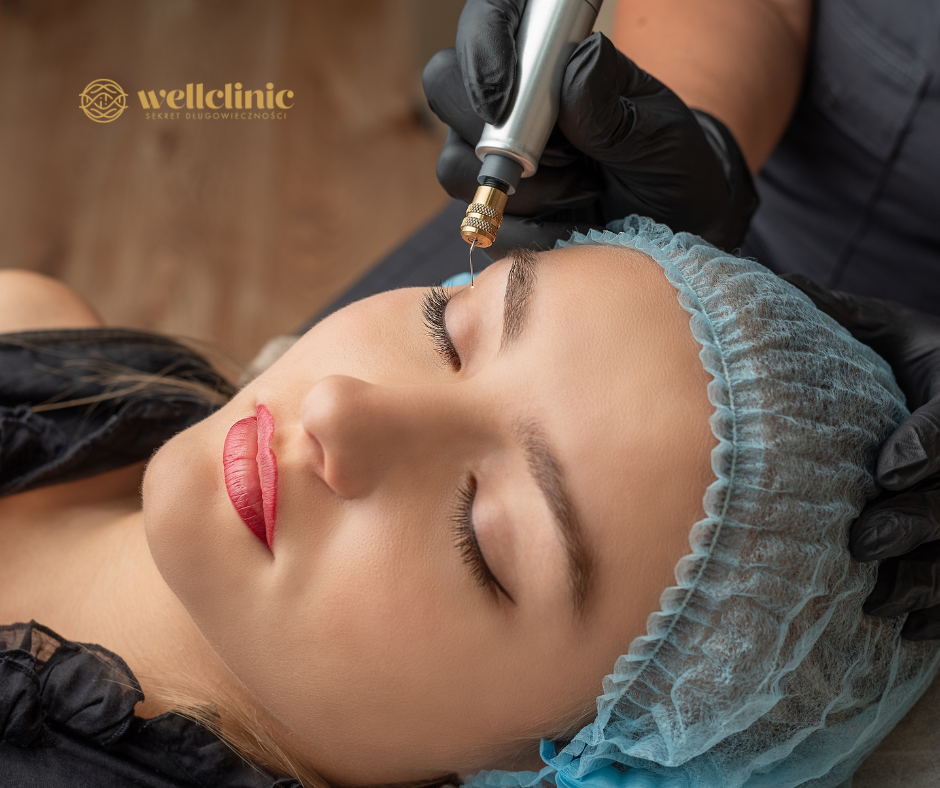
Fibroblasts
Fibroblasts are connective tissue cells responsible for the synthesis of collagen, elastin and hyaluronic acid - key components for skin structure and hydration. They play a fundamental role in maintaining the elasticity and suppleness of the skin, and their activity is closely linked to the body's regenerative processes.
As we age, the number of fibroblasts and their ability to produce structural proteins decreases. This leads to a loss of firmness, the appearance of wrinkles and a general weakening of the skin's condition. Measures to stimulate these cells, such as the use of growth factors, stimulating treatments or laser technologies, promote regenerative processes, improving the appearance and function of the skin.
In addition fibroblasts are involved in wound healing processes through the production of extracellular matrix and the promotion of angiogenesis, which is crucial for the reconstruction of damaged tissues. Their ability to adapt and respond to environmental stimuli makes them an essential component of rejuvenation and regeneration therapies. Their activity decreases with age, leading to loss of firmness and the appearance of wrinkles.
Stimulating fibroblasts, for example through growth factors, stimulating treatments or laser technologies, promotes regenerative processes, improving the condition of the skin. The ability of these cells to rebuild structurally makes them play a key role in wound healing and skin revitalisation processes.
See if you qualify for Individual Therapy
Wellclinic brings together the best doctors, cosmetologists and clinical nutritionists to achieve health and youthfulness in you.
Discover the Secret of Longevity at Wellclinic Warsaw, Gdansk and Krakow
Show more search results
